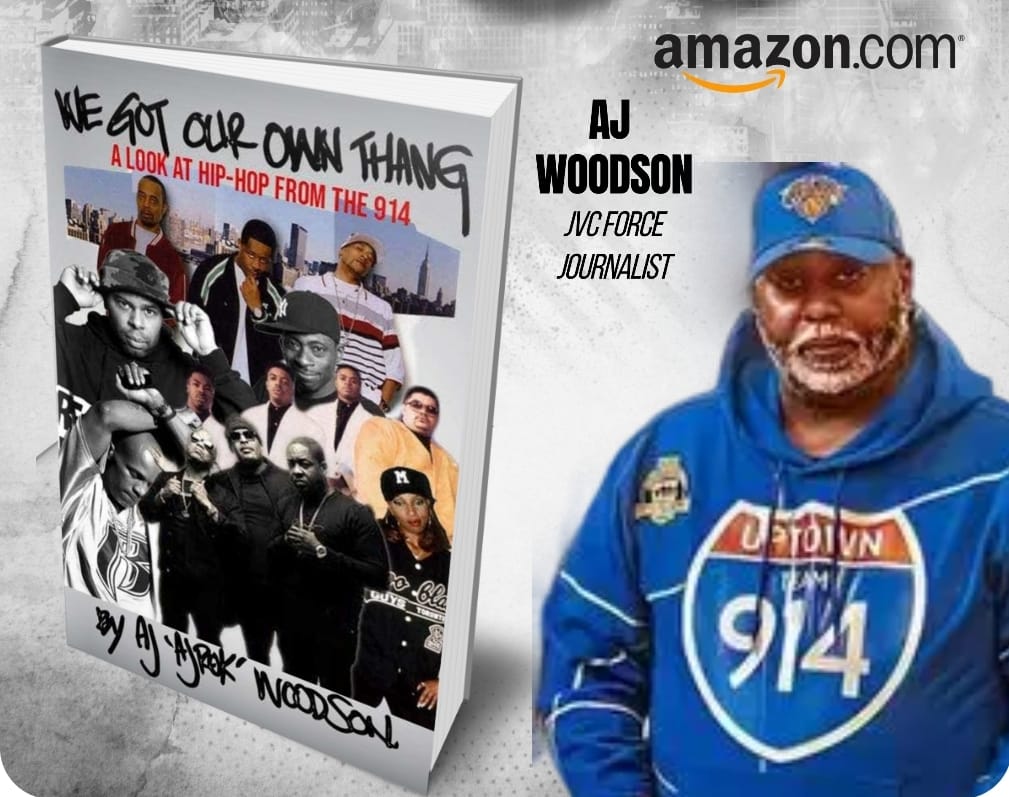In American society, the role of the father is often taken for granted. Yet for many Black men growing up in single-mother households, the absence of a strong, positive male figure is a silent crisis that shapes their mental health, identity, and the future of their families. This “deprived masculine mental illness” has ripple effects, not only affecting individual men but also their relationships, children, and communities.
For many Black men raised without fathers, the journey to manhood is fraught with emotional confusion. These men often absorb emotional traits from their mothers, learning to navigate the world in ways that may clash with societal expectations of masculinity. Emotions such as heightened sensitivity, passivity, or emotional dependency—traits that can be adaptive in a maternal context—may leave these men ill-prepared for challenges requiring assertiveness, emotional control, and leadership. This emotional dysregulation often spirals into frustration, anger, or retreat, creating barriers to personal and professional success.
In today’s society, there’s a noticeable lack of examples of strong, positive Black male leadership, especially in politics, business, schools, our public sector, and mainstream entertainment. Unlike men from other ethnic groups who can proudly embrace their cultural identity, Black men often feel pressured to prioritize universal appeal over their own community’s interests. This expectation has become a diminishing factor in our sense of masculinity, yet it’s frequently normalized.
Where is the everyday Black man celebrated in American society, or better yet, in Black society? Today’s fractured Black culture often elevates unrealistic representations of Black men. The most visible Black employee is often the athlete, but even then, they are typically employed and owned by white-dominated companies.
While undoubtedly successful Black men are in leadership positions, they are rarely portrayed or celebrated in mainstream culture as ideal role models. For a young Black man growing up without a father figure at home, this lack of representation further limits his exposure to examples of healthy, successful masculinity in action. The scarcity of these figures, both in the immediate family environment and in broader society, makes it even more challenging for him to develop a clear, positive understanding of manhood.
Without a strong male role model, young Black men lack a blueprint for healthy masculinity. They are left to find their own path, often seeking out unhealthy sources to define what it means to be a man. Media, peer groups, and street culture can fill the void, but these influences tend to glorify toxic masculinity—emphasizing dominance, emotional detachment, and aggression. The result? Men who overcompensate by adopting hyper-masculine traits to hide their insecurities, or those who withdraw from relationships and responsibilities altogether.
The effects of this deprived masculinity are stark. Many of these men develop distorted views of women, rooted in unresolved childhood conflicts with their mothers. They may idealize or resent women, contributing to relational dysfunction, misogyny, and trust issues. Narcissism, a common coping mechanism, manifests as an inflated sense of self, entitlement, and emotional detachment, making it difficult for these men to form healthy, respectful relationships.
Perhaps most alarming is how this crisis perpetuates itself. Men who have never seen fatherhood modeled effectively are more likely to become absentee fathers themselves, continuing the cycle of emotional neglect and instability. The resulting intergenerational trauma spreads through entire communities, weakening family structures and perpetuating cycles of dysfunction, all while society watches silently.
But this is not a crisis without solutions. Addressing deprived masculine mental illness in Black men requires a holistic approach, starting with providing rites of passage workshops for both young and older Black men. These workshops could serve as formal transitions into manhood, offering education on emotional regulation, responsibility, fatherhood, and leadership. For older men, they would provide the opportunity to unlearn unhealthy behaviors and re-engage with positive masculinity, ultimately allowing them to mentor younger generations.
The role of the church in this healing process is critical, but it must go beyond traditional messages of faith and redemption. The Black church has long been a source of strength for African American communities, and it holds the power to reshape how Black men see themselves. The church must prominently promote a Black Jesus Christ, putting forth an image that Black men can identify with. By seeing themselves in the divine, Black men can begin to understand their worth, their strength, and their capacity for leadership. A Black Jesus serves as the ultimate model of compassionate, assertive masculinity—one who exemplifies strength through vulnerability and leadership through service. The church has a unique opportunity to inspire Black men to reclaim their roles as leaders in their families and communities by reinforcing their divine potential.
In addition to rites of passage and spiritual mentoring, community mentorship programs remain one of the most effective ways to step in where fathers are absent. By pairing young boys with positive male mentors, we can provide the emotional support, guidance, and modeling of healthy masculinity that so many are missing.
Fatherhood education is another vital tool. We must teach men about the importance of emotional regulation, responsibility, and leadership within the family. Programs that focus on the development of fatherly responsibilities can break the cycle of absenteeism, showing men how to embrace their role as leaders in their homes and communities.
Finally, we must address the stigma surrounding mental health in Black communities. Many men, particularly those from marginalized backgrounds, are reluctant to seek help. Culturally sensitive mental health interventions that address the unique pressures and struggles of Black men are critical. Mental health services must be reframed as a strength, not a weakness, providing men the tools they need to navigate their internal struggles while embracing healthy masculinity.
The silent crisis of deprived masculinity among Black men is a deep-rooted issue that cannot be ignored. With rites of passage workshops, church mentorship with a Black Jesus as a model, fatherhood education, and mental health support, we can break the cycles of dysfunction and build a stronger foundation for future generations of Black men. The time to act is now.
4o





Great article!